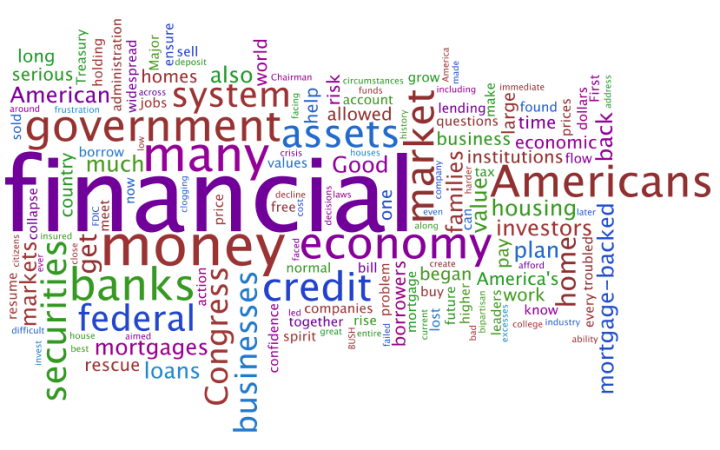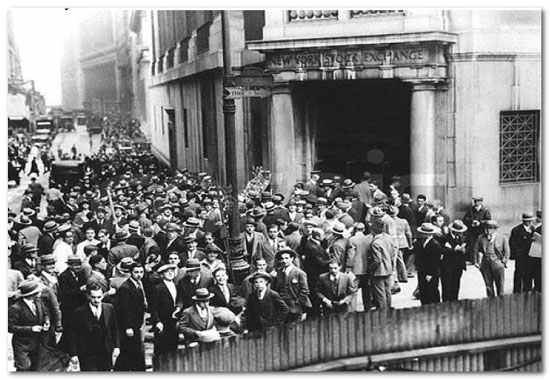The UK banking industry remains the biggest single annual contributor to the nations finances.
The amount of revenue it provides to the government surpasses that of North Sea oil.
But what about “the bail out” ?
The actual amount spent ( loaned would be the better word ) on the UK “banking bailout” from 2009 to date : £124bn
Total amount of tax receipts received ( not loaned .. ) from the UK financial industry, annually ( 2010 figure ) : £53bn
Percentage of total UK tax receipts received from the UK banking industry : 11.2
This is greater than the revenues from North Sea Oil.
The UK banking industry is a fantastic financial asset to the nation, no pun intended.
The cause of the UK’s financial worries are not the financial industry. It may in fact be it’s saviour.
Captilisation requirements for UK banks, which are a form of credit control, were removed by the Chancellor Brown as his first act on acquiring power. Yes, on the very first day he moved in to Number 11.
The same chancellor who, with a confidence in his belief that reserves were a thing of the past with his credit expansion plans, decided to sell off UK gold reserves. By cunningly announcing the sale beforehand, he locked in a price ( $250~ compared to $1000~ today ) that turned out to be a 20 year low. The Brown Bottom, as commodities traders enjoy calling it. He borrowed for the nation while at the same time selling off the nation’s assets. He encouraged similar behaviour in consumers by removing credit regulations and reserve requirements.
He was an economic dunce.
The resultant short term credit boom did wonders for house prices and the amount of new teles in living rooms, cars on drives and votes in pocket. The lack of inflation, fortuitously for Brown, was attributable to the imported deflation of the resurgent manufacturing and exporting powerhouse China, and the once-in-generation productivity step-change due to the IT revolution. The only thing that did inflate in price was that which couldn’t be imported cheaply – houses. People seemed to like this inflation. Brown trumpeted the good times as his genius, and a nation prided itself on the value of it’s house, bought on 6x salary multiple credit.
A government committee was actually setup, long forgotten now, in the late stages of the boom but prior to the credit collapse, to ask whether it might all be a little bit dangerous to have a nation living off ever-expanding credit and to think about how it might end. The committee decided that it seemed like it might be a problem but all was okay at the moment and to carry on as before. The government, whose job it is to govern, simply failed to govern credit. The votes it won were too useful. Brown’s ego wouldn’t countenance that he’d tipped the UK over the edge.
He didn’t know how to stop it anyway. Reintroduce the reserve requirements and credit control he’d taken away ? But that would go against his signature act of removing direct government control ! He’d passed it to the Bank of England, but only gave them an inflation target. As noted, that wasn’t a good governor. He’d got it all wrong, but putting it right would mean admitting that, and almost certainly seeing the house-price bubble deflate and the middle-class vote evaporate. Ego and incompetence is a dangerous combination. Not uncommon, but not ideal in someone charged with a nation’s economic governance.
When the credit ran out it all went wrong, and so he was quick to blame anyone but himself. “Global Financial Crisis” was his rallying cry, ably echoed by the press. They needed someone or something to blame, preferably easy to understand ( hey, a portly rich man in a pinstripe suit – perfect ! ) as most of their readers wouldn’t get through even a simplified version of the credit boom, and might even think they were being chastised for being complicit in the mess. The house price boom had had few detractors, after all, and everyone likes a new car.
According to Brown, it was something like an act of God, one that he was manfully battling as he strode like a collossus on the world stage. It sounded better than admitting it was the end result of his policies ( largely copied from the US it might be mentioned ) of expanding credit by removing controls. Countries that didn’t do this, didn’t have a problem – irrespective of their banking industry. Brown’s attempt to hang it on the suppliers of credit, which is a manufactured product bound only by regulation ( removed by Brown ) is shameful.
When he showed up earlier in the US this year to explain, again, his steadfast belief in his economic genius while trying to flog his book, tiringly boasting about “surviving” the first Global Financial Crisis, as opposed to helping to cause it, he had already been found out.
No one attended.






0 Replies to “Banks Contribution”